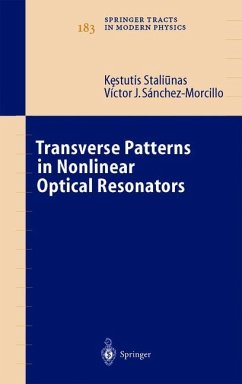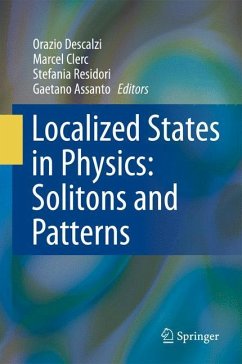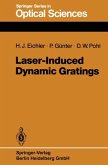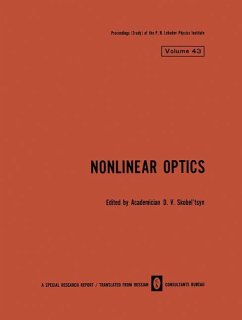The growth of regularity from disorder, the evolution from the simple towards the complex, and the spontaneous formation of spatio temporal patterns in general are questions which intrigue everybody. This has been one of the hasic philosophical topics from ancient to modern times. Is nature able to create something fundamentally new by itself? If yes, how does this creation occurs? Or does nature only reproduce something which was already encoded in it, from the very beginning? This remained a topic exclusively for philoso phers until very recently, and it was only a few decades a. go that physicists started to convert this seemingly purely philosophical subject into a scientific discipline: a scientific discipline like other scientific disciplines, where one re lies on formulas and equations, on nunlerical simulations, and on laboratory experiments. This book is not about general questions related to pattern formation and self organization in nature. It is about spontaneous patterns in just one part of nature in nonlinear optical systems, and, more precisely, in nonlinear optical resonators. Nonlinear optical systems represent a small part of nature, hut a very representative part: one can observe here nearly all the known symmetries of patterns, one can generate nearly all known types of localized strlictlires and one can realize nearly all known spatial instabilities and spatial bifurcations.








